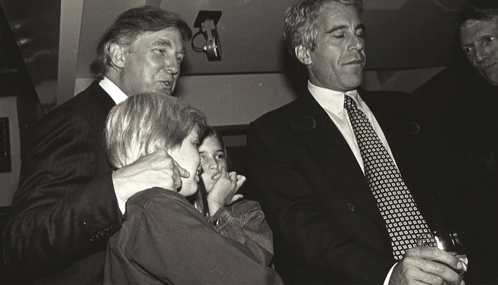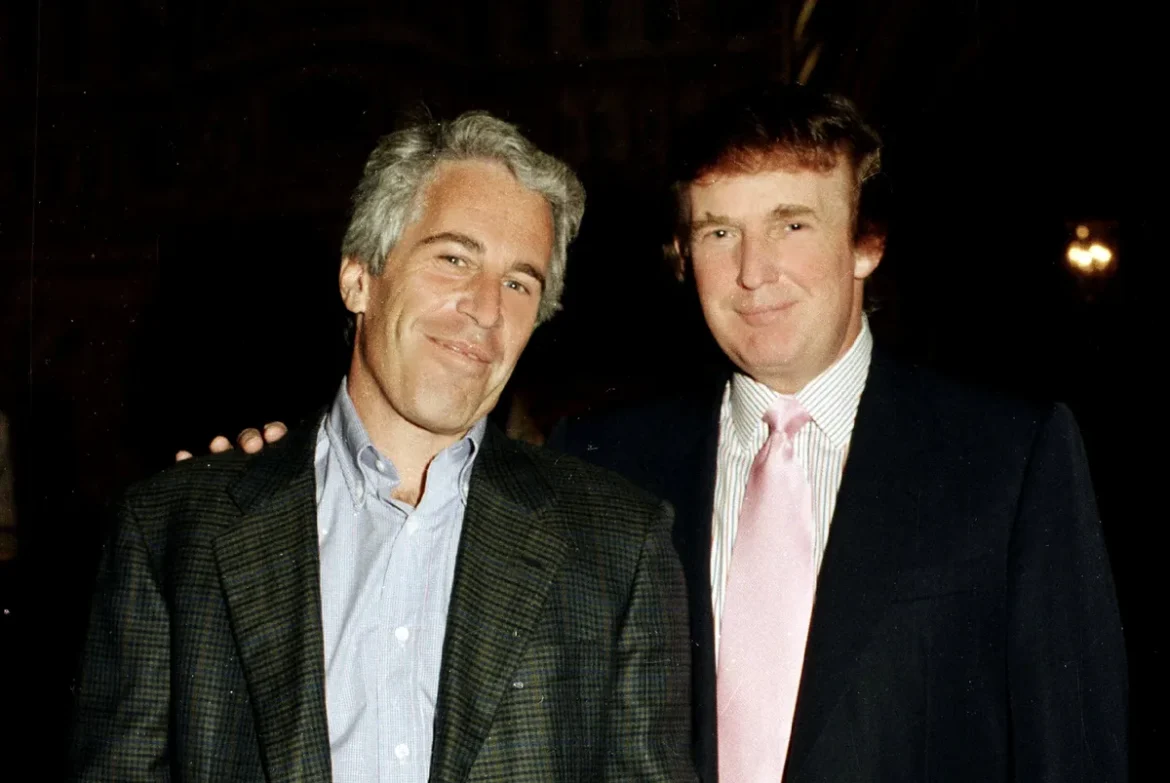Recent news reports reveal that the FBI removed Donald Trump’s name—and those of other prominent individuals—from documents related to Jeffrey Epstein. The decision, reportedly made during an internal review, centered on privacy protections under the Freedom of Information Act (FOIA).
Privacy Protections Cited in Redactions
According to Bloomberg, anonymous sources confirmed that the FBI redacted Trump’s name from Epstein-related documents, invoking FOIA exemptions safeguarding against “unwarranted invasion of personal privacy” because he was a private citizen when the 2006 Epstein investigation began . Times of India similarly reported that nearly 1,000 agents reviewed hundreds of thousands of pages and flagged references to Trump, with his name ultimately blacked out.
Trump Briefed on Mentions in Files
In May, Attorney General Pam Bondi informed President Trump that his name appeared multiple times in the files—but officials advised against public release due to the presence of sensitive materials, including unverified hearsay and victim-identifying information. ABC News also confirmed this briefing and noted that the Department of Justice and FBI concluded there was no sufficient basis to proceed with disclosure.

Legal and Political Fallout
Senator Dick Durbin has raised concerns over potential political influence in the review process, alleging Bondi ordered the FBI to prioritize documents mentioning Trump, with some staff lacking proper FOIA training. The House Oversight Committee has since subpoenaed DOJ records and transcripts, demanding greater transparency.
Meanwhile, victims of Epstein’s trafficking ring have criticized the government’s handling of the case, accusing authorities of protecting wealthy individuals by redacting their names and calling for victim input on disclosure decisions.
Broader Context and Summary
The FBI and DOJ have maintained that they found no “client list,” no evidence of criminal wrongdoing by Trump, and that Epstein’s death was ruled a suicide. However, the episode continues to fuel public debate over institutional transparency, legal ethics, and accountability—particularly when high-profile figures and allegations of child exploitation are involved.


